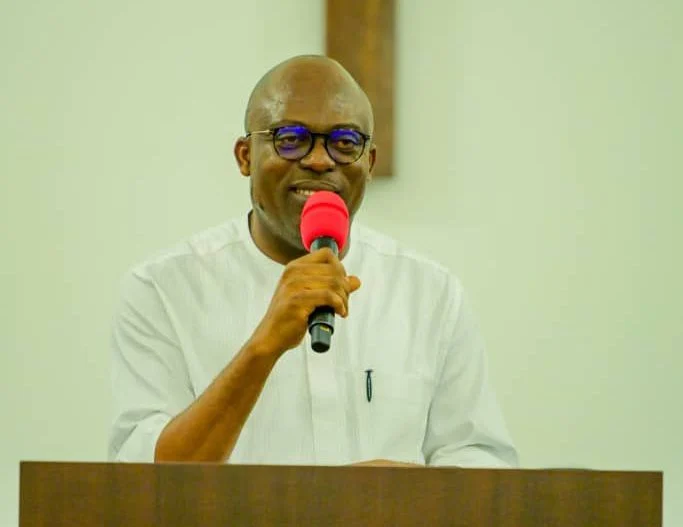The Nigerian Electricity Regulatory Commission, acting on behalf of the Federal Government, has recently issued 13 new licenses aimed at improving power generation and distribution across the nation. These licenses cover a range of activities including off-grid and embedded power generation, independent electricity distribution, and electricity trading. This move signals a significant step towards expanding electricity accessibility in Nigeria, a country grappling with inadequate power supply despite substantial investments in the sector.
Expanding Power Generation and Distribution
The newly issued licenses, as disclosed in the third quarter 2023 report of NERC, are set to contribute 40.9 megawatts of electricity to the country’s power supply. Notably, the licenses encompass activities such as off-grid generation, embedded generation, independent electricity distribution network, and electricity trading, reflecting a holistic approach to bolstering Nigeria’s electricity ecosystem.
Highlighting the specifics, the report reveals the issuance of five new off-grid generation licenses aiming to generate 8.81 megawatts of electricity, along with additional licenses for embedded generation, independent electricity distribution network, and electricity trading, demonstrating a concerted effort to address the energy deficit in the country.
Challenges in Nigeria’s Power Sector
Despite being the largest economy in Africa, Nigeria faces significant challenges in its power sector. The country currently generates between 3,500MW and 5,000MW of electricity to cater to its population of over 200 million people, a situation that falls short of meeting the nation’s needs. Rural communities, in particular, experience frequent blackouts due to insufficient power generation, underscoring the urgency to bolster the country’s electricity infrastructure.
In June 2023, Nigeria was identified as the country with the highest number of people lacking access to electricity. According to a joint report by international agencies, an estimated 86 million Nigerians, out of the population of over 200 million, lived without electricity as of 2021. This statistics underscore the pressing need to address electricity accessibility in the country.
Government’s Commitment to Addressing Power Challenges
The Federal Government and power sector operators have been actively pursuing initiatives to enhance the country’s electricity output. Privatization of the successor generation and distribution companies in November 2013 marked a significant milestone in driving the efficiency and effectiveness of the power sector. The recent issuance of licenses for power generation and distribution by the government through NERC further underscores the commitment to elevate the country’s power supply and reduce the number of people lacking electricity access.
Impact of New Licences
In line with the latest licenses issued, Daybreak Power Solutions Limited is set to implement off-grid power generation projects in Lagos, Abia, Borno, Kano, Oyo, and Abuja. Additionally, Ekiti Independent Power Project has secured a license for the development of a 5MW embedded power project in Ekiti State, while Olokiti Power Distribution Limited will establish an Independent Electricity Distribution Network in Ekiti State. These initiatives are indicative of a concerted effort to extend electricity access to various regions within Nigeria.
Energy Company of Nigeria Limited has also received an Independent Electricity Distribution Network license, positioning them to operate in Lagos State, further underscoring efforts to enhance power distribution networks across the country.
Fostering Collaboration to Enhance Electricity Access
While the issuance of licenses represents a pivotal step in addressing Nigeria’s electricity challenges, it calls for sustained collaboration and concerted efforts among the government, power sector players, and the wider community. It’s imperative to ensure that these initiatives translate into tangible improvements in electricity access and supply, thereby positively impacting the lives and businesses of millions of Nigerians.
In conclusion, the issuance of 13 new power generation, distribution, and trading licenses marks a significant stride in Nigeria’s journey towards bolstering its electricity infrastructure and expanding access to electricity across the nation. As the government and stakeholders continue to actively pursue measures to enhance power generation and distribution, the impact of these initiatives is poised to transform the energy landscape and pave the way for a brighter, electrified future for Nigeria.



